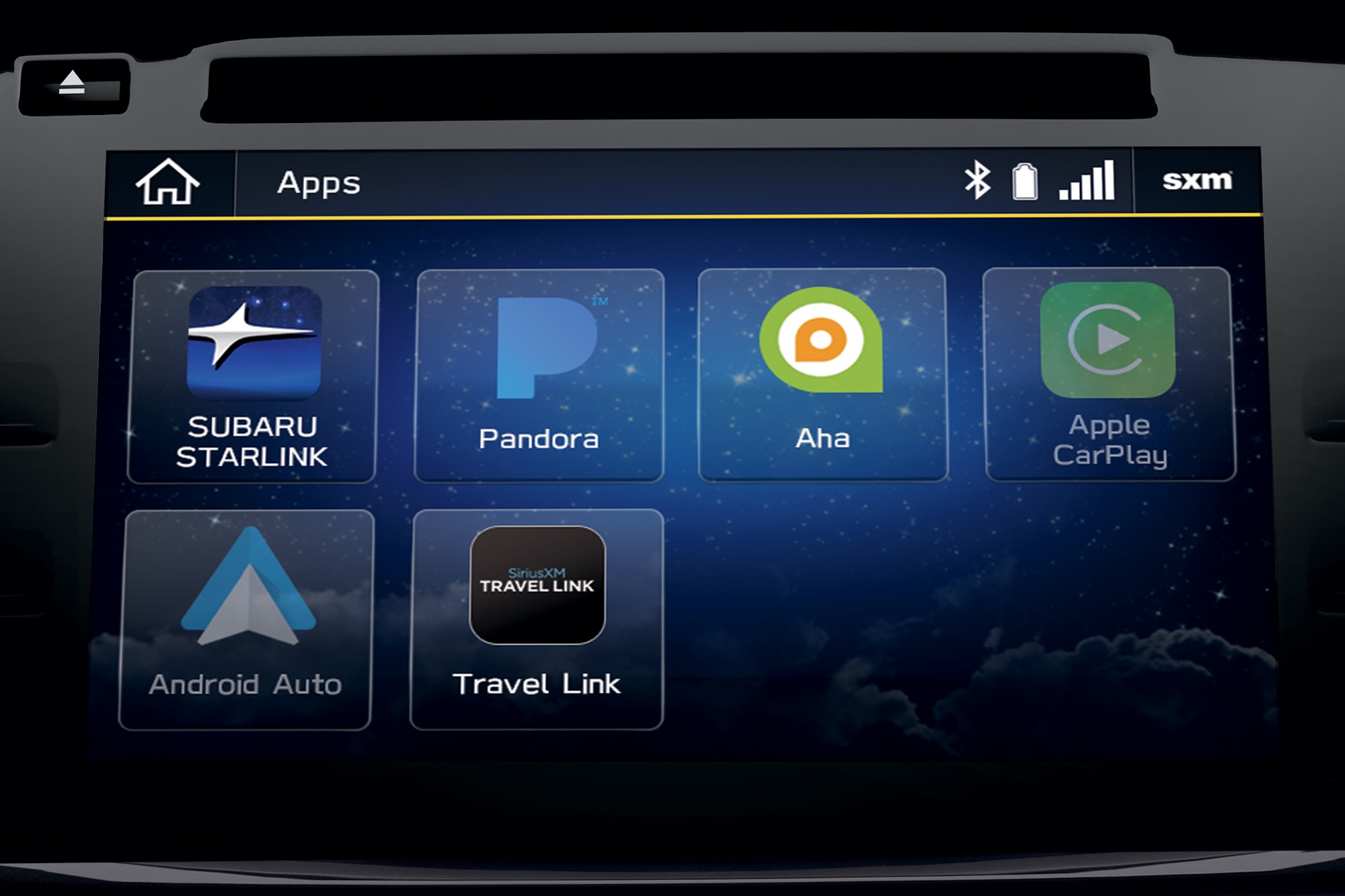Aftermarket vs. Factory Car Alarms: What's the Difference?
If you're serious about preventing thefts, an aftermarket security system may be your best bet.
 Subaru
Subaru
If you've ever lived in a big city, the sound of blaring car alarms is likely burned into your memory. But those factory-installed noise makers aren't the only tool for preventing car theft. They may not even be the best tool.
Many new vehicles come with a factory-installed security system. These alarms sound when the vehicle is locked and the system detects that the doors, trunk, or windows are being jostled or disturbed.
But car thieves are so sophisticated these days that many can get into a vehicle protected by a factory-installed alarm and be gone before anyone realizes what's happened. Some thieves even use special receivers to steal the signals from key fobs and gain access to vehicles without setting off the alarm.
If you'd prefer to prevent vehicle theft rather than react to it, you might want to consider additional measures. This is where an aftermarket car alarm could come into play.
What to Look for in an Aftermarket Alarm System
Automotive security experts recommend considering three things before choosing an aftermarket alarm:
- Do you want a noisy alarm that broadcasts the situation or a silent alarm that alerts you through your smartphone?
- Do you want your system to include GPS tracking in case your car is stolen?
- Do you want a built-in immobilizer that prevents the thief from getting very far?
Once you've made these choices, you can move on to selecting the specific type of preventive measures you want to take.
What Do Aftermarket Alarms Provide That Factory Alarms Don't?
Manufacturers are able to offer almost anything an aftermarket supplier can provide. It's simply a matter of what comes standard and what costs extra. Subscription services or plans such as Subaru STARLINK and Toyota Connected Services often are included for a trial period with new cars. But once the trial is over, the owner needs to pay to keep the subscription active.
The pricing for aftermarket car alarm systems works similarly. Hardware such as key fobs are an upfront, fixed cost, while features such as GPS tracking usually require a paid subscription. Keep in mind that most aftermarket alarms require professional installation, so while alarm hardware bought online may be fairly inexpensive, you'll need to factor the cost of installation into your budget. You should also check with your manufacturer or dealer prior to installing any aftermarket car alarms, to ensure it doesn’t void or impact any existing warranties.
Aftermarket car alarms offer a wide range of features. Some — like the Compustar-CS7900-AS — have all the bells, whistles, and chirps. This little number features a two-way remote with an LCD screen displaying vehicle status updates, a dual-stage shock and impact sensor, a 105-dB alarm, and GPS vehicle tracking through an optional subscription service. The fob also includes remote start and remote trunk release buttons.
Other desirable features include code-blocking technology — which prevents thieves from cloning your key fob — and engine immobilizers. The Viper 350 PLUS 3105V comes equipped with both of these features. While many new vehicles come standard with an engine immobilizer, not all do. No manufacturer currently offers fobs with code-blocking technology.
Do Aftermarket Car Alarms Come With Warranties?
Aftermarket alarms come with warranties of various durations. Compustar devices, for instance, come with a three-year warranty that covers malfunctioning components and/or physical defects. Viper car alarm systems come with a limited warranty that extends for as long as you own your vehicle.
Written by humans.
Edited by humans.
 Mark Hacking
Mark HackingMark Hacking is an award-winning writer with more than 20 years experience covering the automotive scene for some of the world's most popular publications. Mark holds an FIA International Race license and has his sights set on competing in the Rolex 24 at Daytona in the future. He was the first automotive journalist to race in the Ferrari Challenge series (in 2013) and the Jaguar I-PACE eTrophy series (in 2019).
Related articles
View more related articles